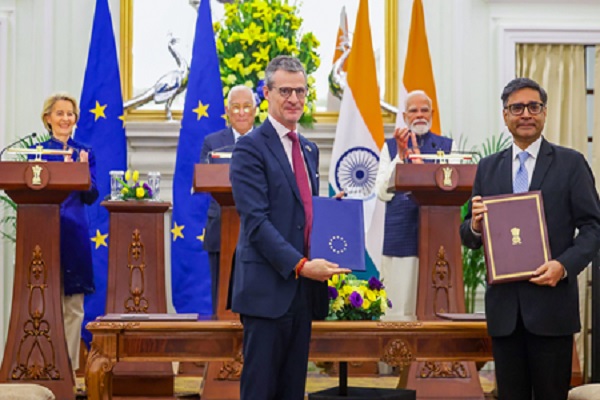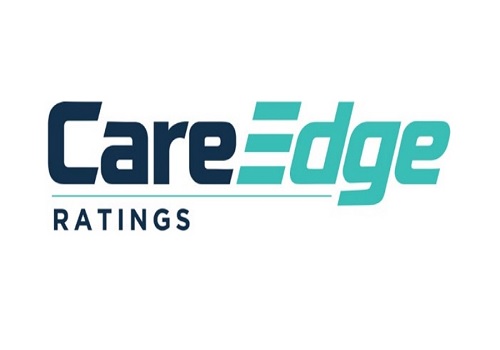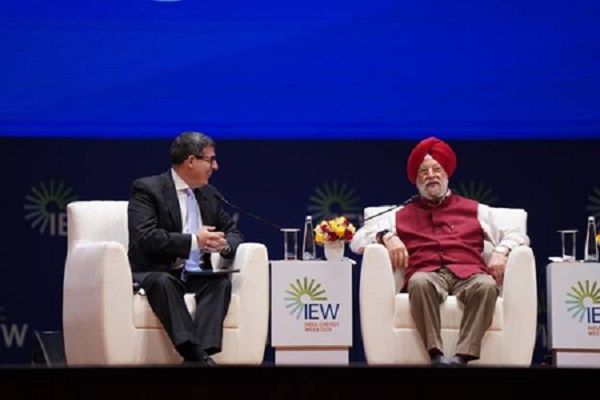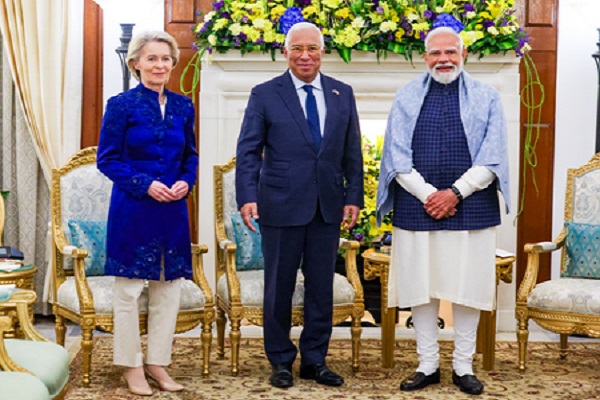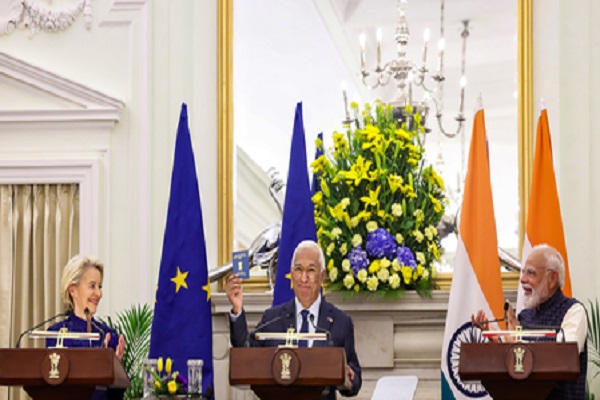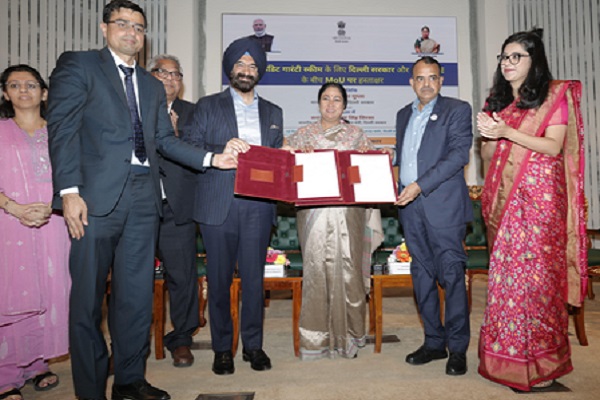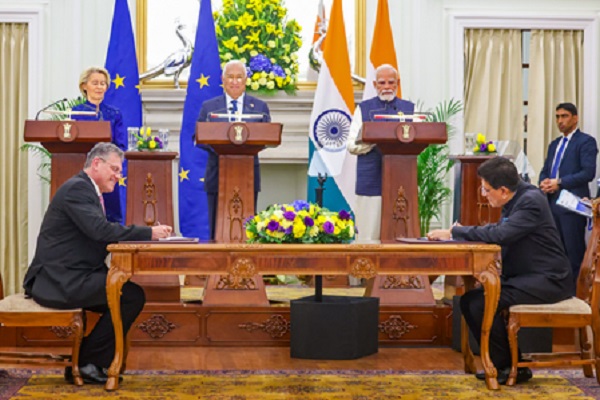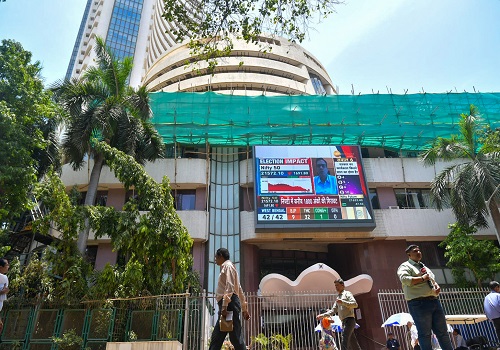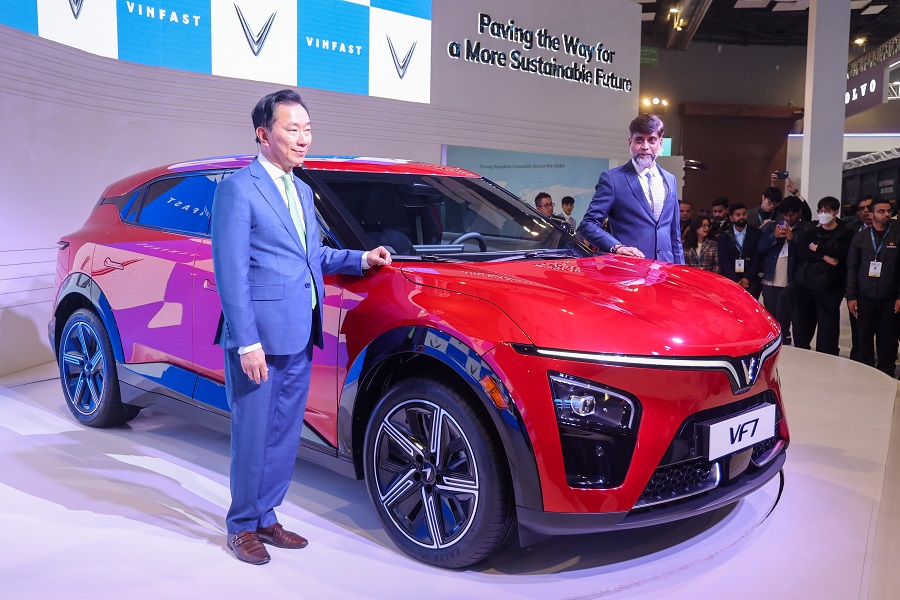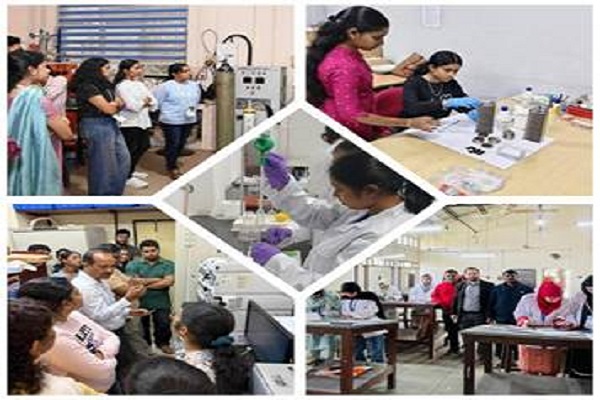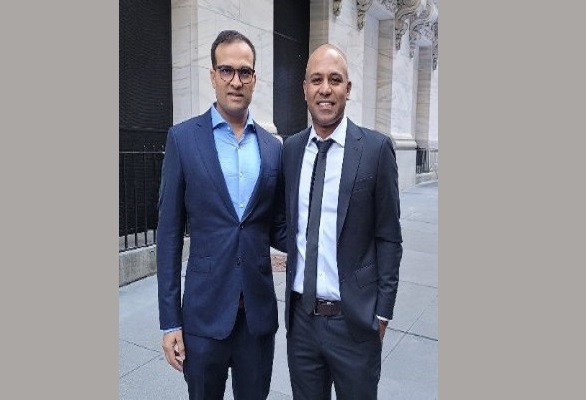Narendra Modi ally and political scion fuels investment boom in southern Indian state
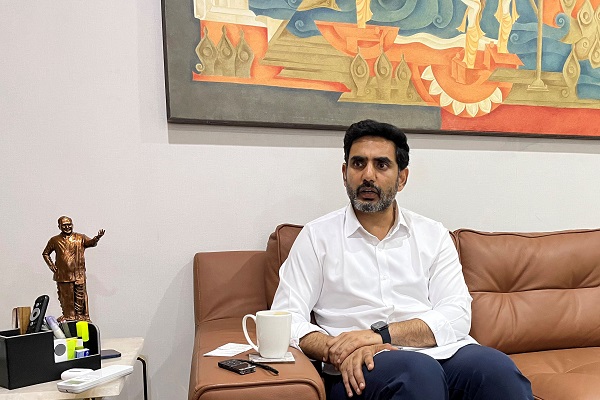
A 42-year-old MBA from Stanford is becoming the go-to person for multinationals looking to invest in India, leveraging his party's proximity to Prime Minister Narendra Modi to dismantle the country's infamous bureaucratic bottlenecks and secure near-instant approvals for billion-dollar projects.
Nara Lokesh says he has secured $120 billion in firm investment commitments in the last 16 months for his home state of Andhra Pradesh, far more than any of India's other 35 states and federal territories.
Google is setting up a $15 billion data centre in Andhra, its biggest investment in India, while Lokesh said the ArcelorMittal Nippon Steel joint venture has pledged nearly $17 billion for a 17.8-million-tonne facility in the southern state. ArcelorMittal Nippon told Reuters it was committed to the investment, which will be made in phases.
“We don't go into a meeting where we just do this dog and pony show, exchange memorandums of understanding, take a nice picture and then forget. Now every meeting has an outcome,” said Lokesh, whose Telugu Desam Party (TDP) rules Andhra Pradesh and provides crucial parliamentary support for Modi’s coalition to stay in power.
"I want to move from the ease of doing business to the speed of doing business."
Modi has ruled India since 2014 but his Bharatiya Janata Party was reduced to just 240 seats in the 543-member parliament at last year's general election, leaving him reliant on the TDP and some smaller parties to form the government in the world's most populous nation.
At about 6.5%, India has the highest GDP growth rate of the world's major economies but investors have long complained about the difficulty of operating in the country, citing its lumbering bureaucracy, complex tax and legal systems and pervasive regulation.
Lokesh and his father, Chandrababu Naidu, the chief minister of Andhra Pradesh, are showing there is a way of doing business in India, some investors say.
“Your mantra of “Speed of Doing Business” is not just a slogan, it is a lived experience for investors like us,” Karan Adani, scion of the Adani Group of companies, said at a conference this month.
Adani pledged the group would invest an additional $12 billion in the state over the next decade across ports, cement, data centres and energy, on top of nearly $5 billion already invested.
“It definitely helps to be part of the ruling coalition... because we have a voice at the table," Lokesh told Reuters at his father's bungalow on the banks of the Krishna River in Amaravati, the state capital. "But at the same time, they are also looking for states that can run fast."
He said he’s now aiming for firm investment commitments of up to $1 trillion in Andhra Pradesh before the 2029 national and state elections.
THE GOOGLE DEAL
Lokesh, Andhra's minister for human resources development and electronics, said he learned in October 2024 that Google was scouting for a data centre location in India. The company had sought assurances that it would not be hit with retrospective taxation - an issue that had dogged Cairn Energy and Vodafone - and clarity on whether India could intercept third-country data stored for AI applications.
Under current law, India permits data interception for national security purposes.
Lokesh said he and his team of young bureaucrats got into the act. A flurry of meetings between Andhra officials and Modi’s top ministers culminated in Google’s October 2025 announcement investment, to be rolled out between 2026 and 2030.
“We worked closely with the central government and received clear assurances,” Lokesh said. “This process has ultimately benefited India. Andhra had the first-mover advantage.”
He declined to give details on what concessions the Indian government had given Google.
Modi's office, Google and India's Ministry of Electronics and Information Technology did not respond to requests for comment.
Lokesh and his aides denied that corners were being cut to fast-track approvals.
"The leadership is very clear: Try to see how we can streamline the process, how we can run things in parallel and save time, but don't deviate from the process," said Saikanth Varma, the CEO of the Andhra Pradesh Economic Development Board.
ANDHRA'S 'SPICY' INVESTMENT MODEL
ArcelorMittal Nippon Steel had considered multiple states, including one ruled by Modi's own Bharatiya Janata Party, for a mega steel plant before settling on Andhra Pradesh. The company pledged the Andhra facility after TDP persuaded Modi to approve a 200-km (120-mile) slurry pipeline to transport iron ore from a neighbouring state, Lokesh said.
“It was done within a second,” Lokesh said of Modi’s approval.
He declined to name the other states considered.
An ArcelorMittal Nippon spokesperson did not respond to a question on which other states were considered but said its plan to set up plants in both Andhra and the neighbouring state of Odisha, ruled by Modi's party, were on track.
Sanjeev Singh, a consultant who has advised other states on attracting investments, said that in the short run, Andhra's aggressive push is good for the country because it puts development at the centre of politics and sparks healthy competition among states.
"But in the long run, it can lead to uneven industrial growth, which might create issues like labour shortages and infrastructure strain in other regions," he said.
Andhra's other neighbouring state of Karnataka, home to India's tech city of Bengaluru and run by the opposition Congress party, was also keen on the Google data centre but said it lost out because of generous concessions on power, water, land and taxes, which it deemed too costly for its people.
In response, Lokesh said on X: "They say Andhra food is spicy. Seems some of our investments are too. Some neighbours are already feeling the burn!”

